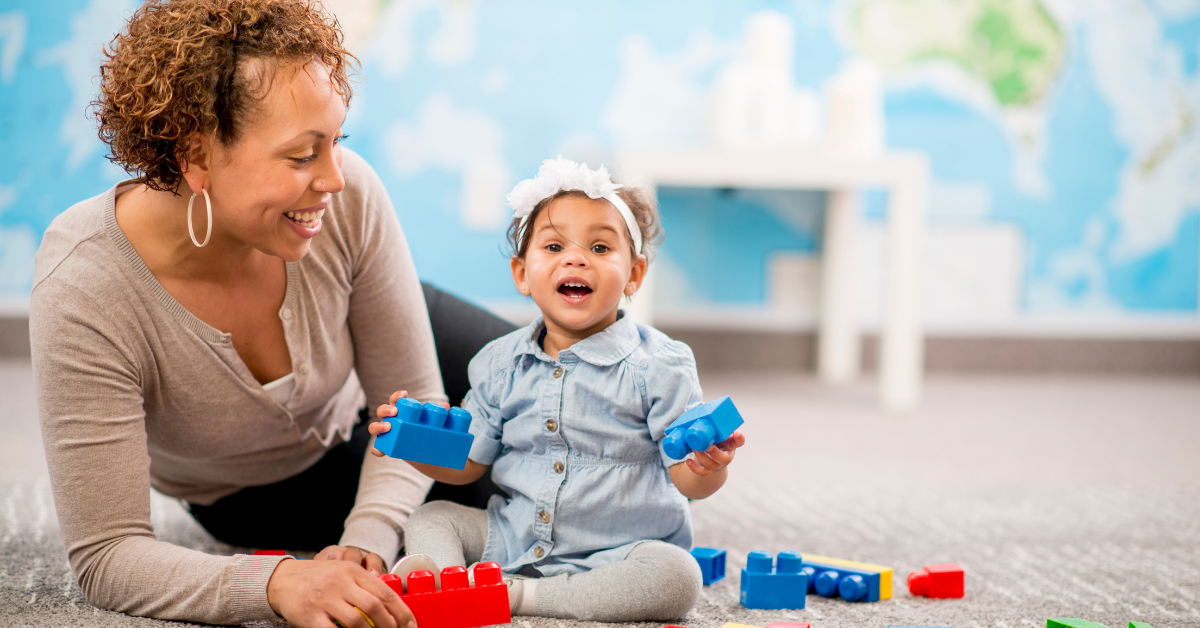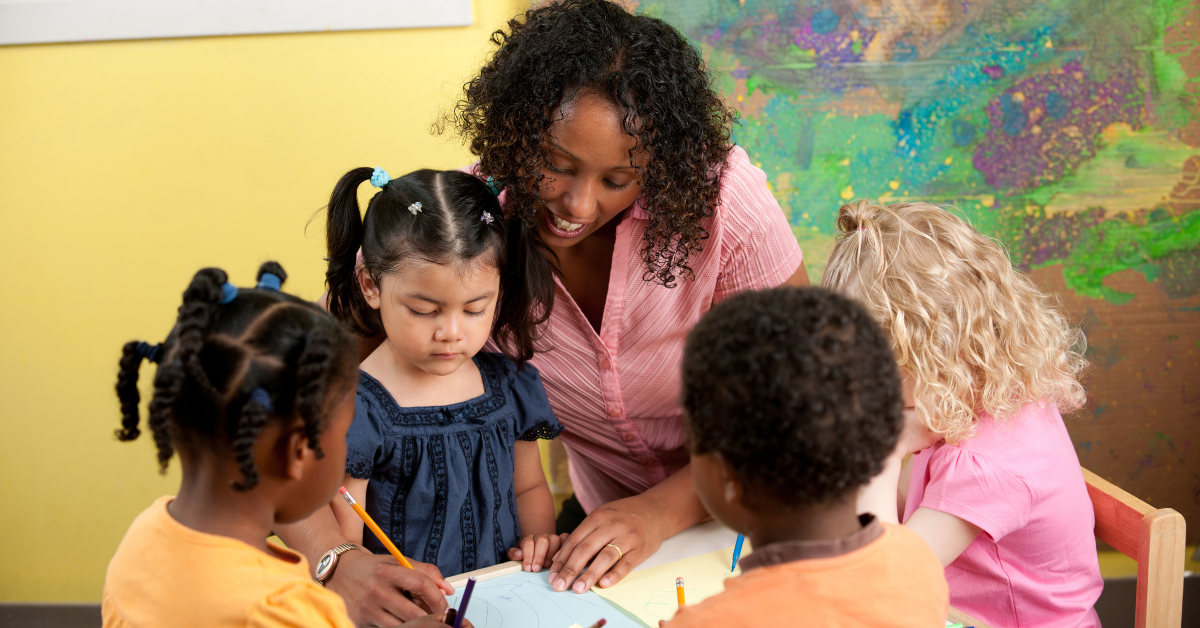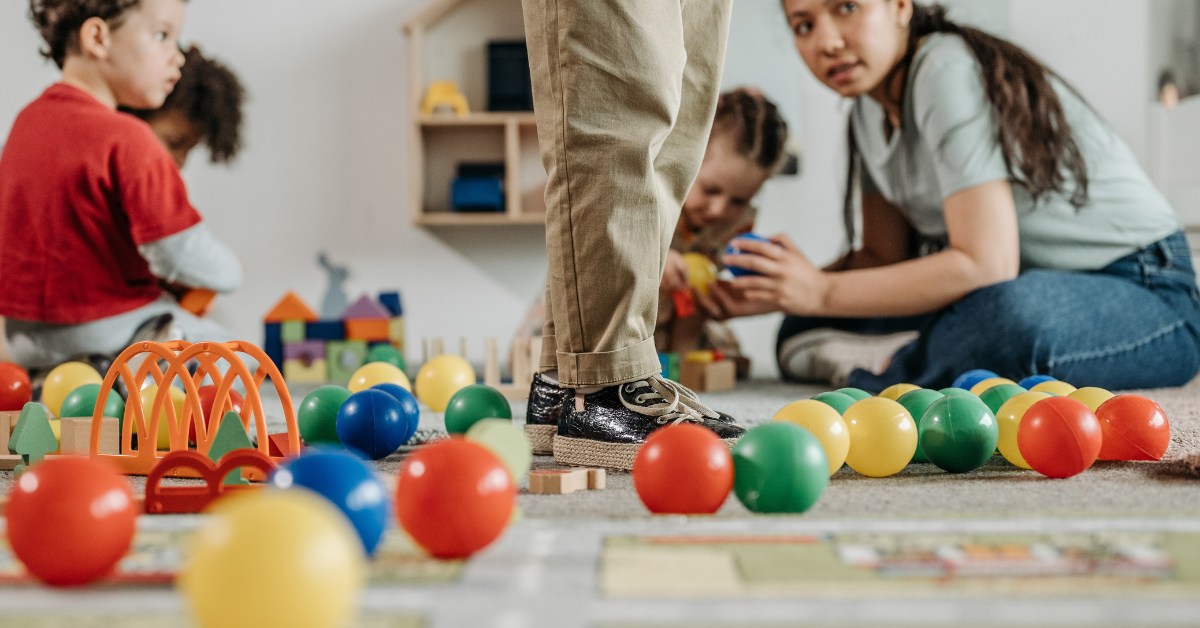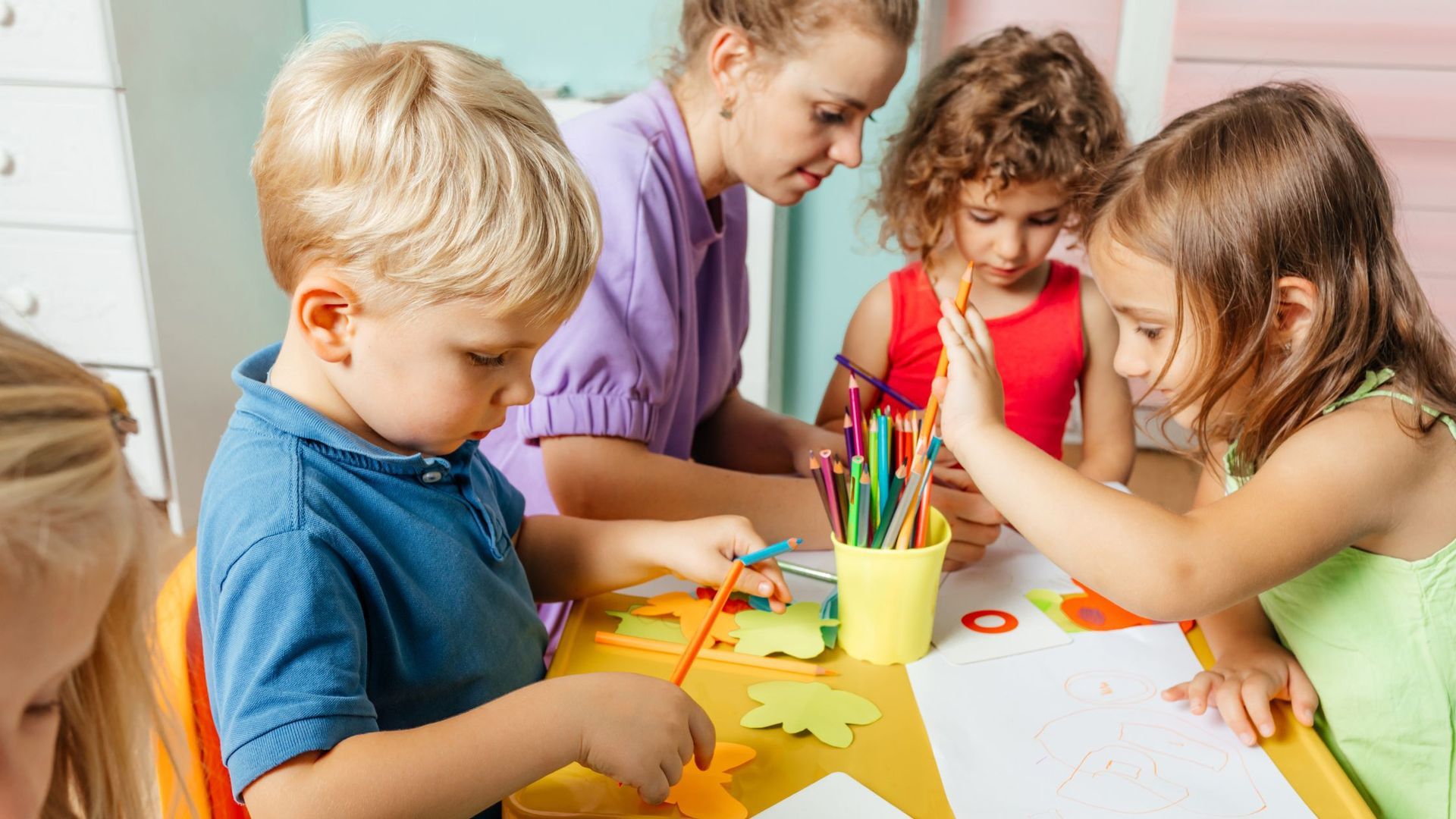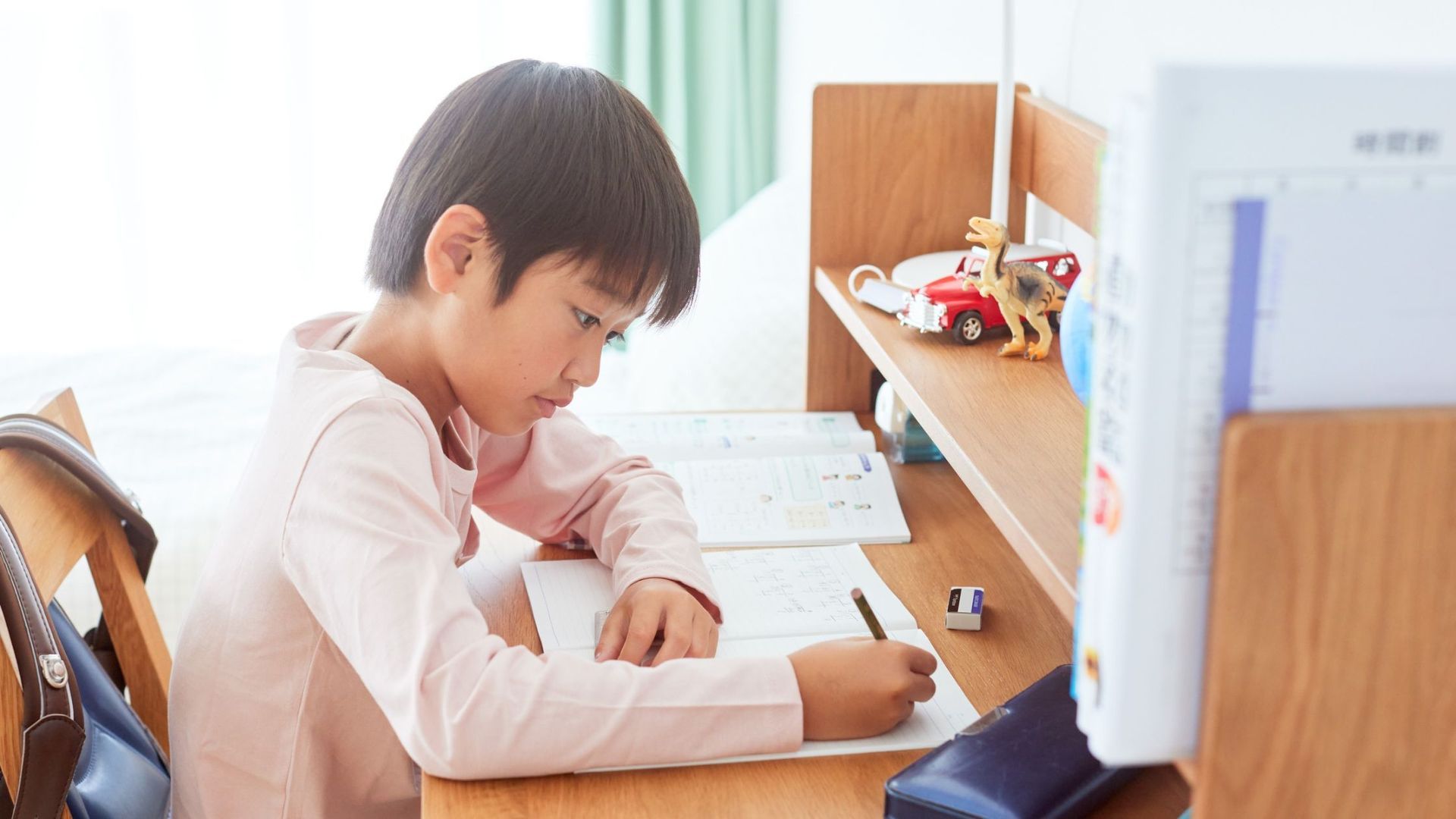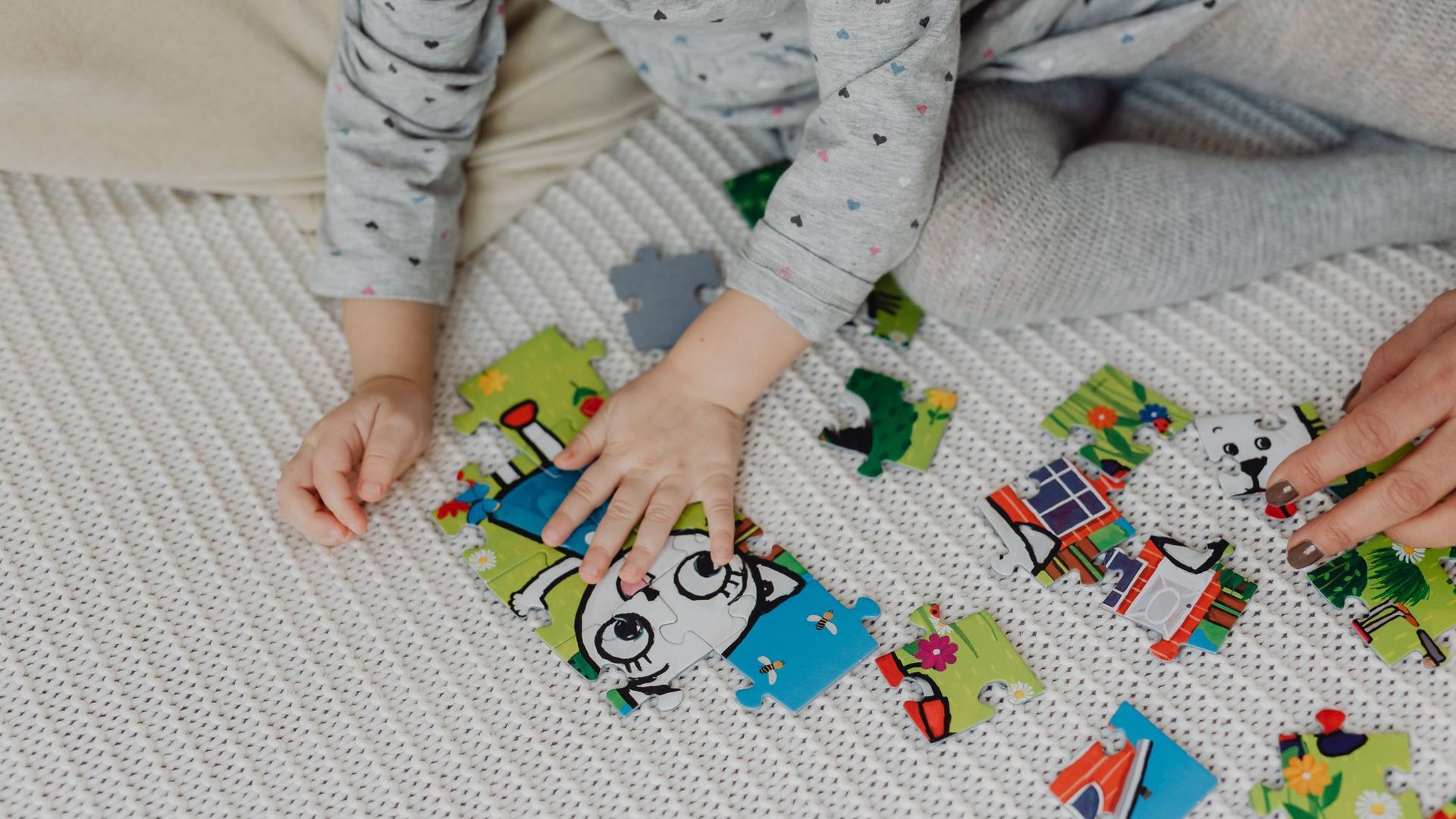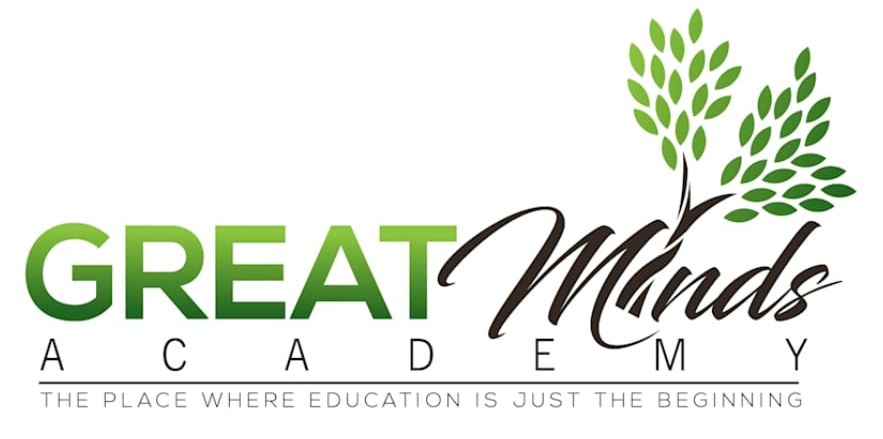The Role of Mindfulness in Education at Great Minds Academy, Orlando

At Great Minds Academy in Orlando, we believe in educating the whole child—mind, body, and spirit. One of the ways we achieve this is by integrating mindfulness practices into our daily curriculum. Mindfulness is the practice of paying attention to the present moment with awareness, non-judgment, and acceptance. This simple yet powerful tool helps students regulate their emotions, enhance their focus, and improve their overall well-being.
Why Mindfulness Matters in Education
In today's fast-paced world, students are often faced with multiple distractions, stressors, and pressures—whether it's academic demands, extracurricular commitments, or social challenges. Mindfulness provides students with a tool to pause, breathe, and refocus, allowing them to better manage stress, increase concentration, and improve their emotional regulation.
Research has shown that mindfulness practices in schools can lead to better academic performance, reduced anxiety, and improved social-emotional skills. At Great Minds Academy, we incorporate mindfulness not only as a standalone practice but also as a part of our overall approach to holistic education.
How Mindfulness is Practiced at Great Minds Academy
We understand that mindfulness is more than just sitting quietly for a few minutes—it’s a mindset that can be applied in every aspect of school life. Here are some of the ways we integrate mindfulness into our academy:
1. Mindfulness in the Classroom
Our teachers begin each day with short mindfulness exercises, guiding students through deep breathing, body scans, or guided imagery. These practices help students center themselves, reduce anxiety, and start their day with focus and calmness.
- Focus on Breathing: Students learn to regulate their emotions through breathing techniques. This helps them to calm themselves when they feel anxious or overwhelmed, enhancing their ability to concentrate on tasks.
- Mindful Movement: In addition to seated mindfulness practices, we incorporate mindful movement exercises, such as stretching or yoga, into the school day. These activities allow students to release physical tension and focus on their bodies, further supporting emotional regulation and concentration.
2. Mindful Reflection and Journaling
Students at Great Minds Academy regularly engage in reflective journaling. They are encouraged to write about their emotions, thoughts, and experiences, which helps them develop self-awareness and emotional intelligence. Journaling allows students to explore their feelings, identify stressors, and reflect on their actions and behaviors.
- Guided Reflection Activities: Teachers incorporate reflective prompts that encourage students to consider how they’ve handled challenges, what they’ve learned, and how they can apply their mindfulness practice in various situations.
3. Mindfulness and Emotional Regulation
Through mindfulness, students develop the ability to manage their emotions more effectively. When students are faced with difficult situations—whether it’s a stressful test, a disagreement with a peer, or a moment of frustration—they are equipped with tools to pause, breathe, and respond with thoughtfulness rather than react impulsively.
- Emotional Awareness: Mindfulness helps students recognize and label their emotions, which in turn increases emotional intelligence. This awareness allows students to manage their emotions, reduce impulsivity, and make thoughtful decisions.
4. Mindfulness for Stress Reduction
The pressure of academic performance, social dynamics, and personal expectations can be overwhelming for students. Mindfulness provides a structured way to manage and reduce stress, helping students to regain focus and maintain a sense of calmness in high-pressure situations.
The Impact of Mindfulness on Students
Mindfulness has had a profound impact on our students at Great Minds Academy. We’ve seen improvements in:
- Concentration: Students who practice mindfulness are more focused and attentive in class, leading to better academic performance.
- Emotional Well-Being: Mindfulness practices help students regulate their emotions, reduce anxiety, and improve self-confidence
- Positive Behavior: Students with a mindfulness practice are more likely to respond to conflict with calmness and empathy, leading to a more peaceful and respectful school environment.
At Great Minds Academy, our mindfulness practices complement our commitment to Social-Emotional Learning (SEL) by helping students develop self-awareness, emotional regulation, and resilience—essential skills for both academic success and personal growth.
Conclusion
At Great Minds Academy, we integrate mindfulness into every aspect of our students' education, helping them navigate their emotions and develop the focus, calmness, and resilience they need to succeed academically and personally. By teaching mindfulness practices, we are empowering our students to lead balanced, thoughtful lives both inside and outside the classroom.



